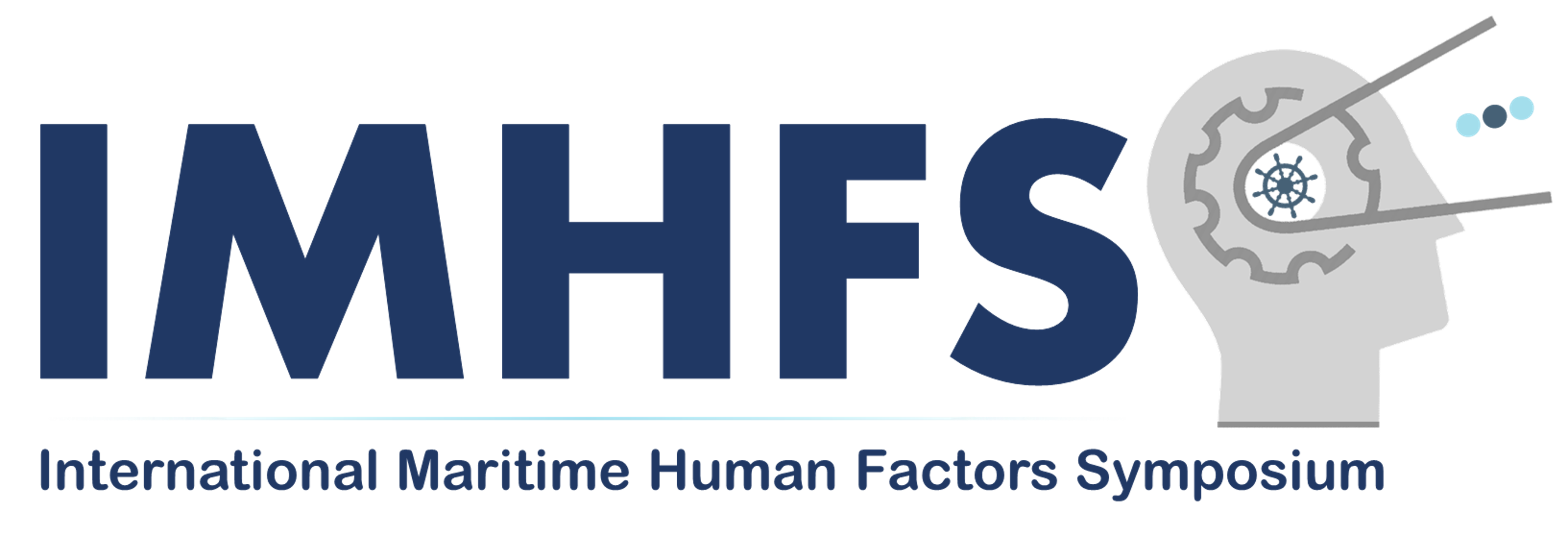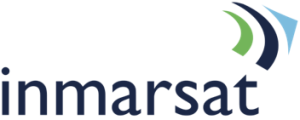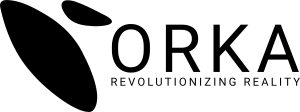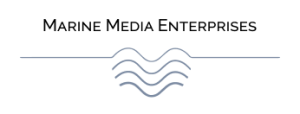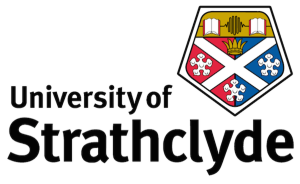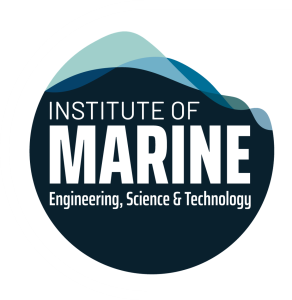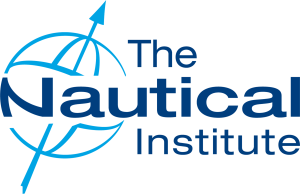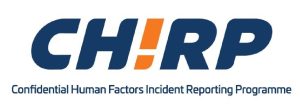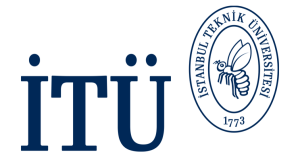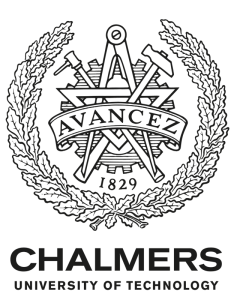Day One: November 28th, 2024
08:30 AM - 09:00 AM: Registration, Coffee, Safety Instructions & Welcoming Note
Join us from 08:30 AM to 09:00 AM for registration and coffee. This period includes light refreshments and an opportunity to network with other attendees as we prepare for the day’s activities.
From 09:00 AM to 09:10 AM, we will proceed with important safety instructions and a welcoming note from the organisers. These instructions will help ensure a safe and smooth experience throughout the event, followed by a warm welcome to set the tone for an engaging and informative day ahead.
09:00 AM - 09:30 AM: Keynote Speech by Bingbing Song
Title: Empowering maritime professionals: A vision for safety, wellbeing, and operational excellence
Bingbing Song, Head of Maritime Training and Human Element Section at the Maritime Safety Division (MSD) of the International Maritime Organization (IMO), will deliver the keynote on integrating human elements into maritime operations. As Secretary of the HTW Sub-Committee, he oversees training, competence, and fatigue, contributing to the safety of maritime workers. Since joining IMO in 2013, he has been pivotal in implementing Goal-Based Ship Construction Standards (GBS) and updating key maritime conventions.
The presentation will be followed by a 10-minute Q&A session, offering the audience a chance to engage and discuss key topics directly.
Parallel Sessions
Session 1: Safety Learning (09:40-11:05)
Chair: Osman Turan | University of Strathclyde
- Peter Broadhurst | Inmarsat
How efficient communication is central to delivering effective autonomous systems. - Andrew Moll | MAIB
Marine Accidents and Incidents: The role of Human Factors. Insights from MAIB from recent investigations and analysis. - Yaser Farag | University of Strathclyde
Decoding HFs: What Incident Data Reveals through SHIELD Analysis. - Adam Parnell | CHIRP
Why confidential reporting schemes are only part of the solution to accident and incident reduction.
Session 2: Wellbeing & Mental Health (11:25 -12:50)
Chair: Maria Carrera | World Maritime University
- Ronald Spithout | VIKAND
The importance and effects of integrating social sustainability. - Inga Bartuseviciene | World Maritime University
Empowering Maritime Leaders: Enhancing Mental Health and Wellbeing through Action Research. - Luis Alfonso Díaz-Secades | University of Oviedo
Well-being challenges in the maritime sector: the impact of vacation periods on Spanish seafarers, and the lower well-being of ferry workers. - Tina Barnes | The Seafarers’ Charity
Support & professional development for Seafarers in the fishing community.
Session 3: Human-Centred Design (13:50 PM - 15:15 PM)
Chair: Rafet E. Kurt | University of Strathclyde
- Kevin Coelho | OCIMF
Human-centric Design for Mooring Decks. - Giorgia Domenichelli | CETENA
Human Factor approach in ship design. - Pahansen de Alwis | Research Institutes of Sweden (RISE)
Riding the waves: The impact of shock and vibration on marine craft occupants. - Kjetil Nordby | Oslo School of Architecture & Design
Applying Open Innovation in maritime workplace design.
Session 4: HF and Alternative Fuels (15:35 PM - 17:00)
Chair: Francesco Sandrelli | UK Chamber of Shipping
- Mikal Bøe | Core Power
Fuel for the future: the nuclear option for a green future in shipping. - Jose Gonzalez | CLIA Europe
The role of the crew in the Sustainability and Energy Efficiency agenda. An ocean of opportunities. - Eugene Bari | ECOMAR
Revealing and dispelling the risks of adopting alternative fuelled propulsion systems. - Arvind Natrajan | International Chamber of Shipping (ICS)
Enabling a Just Transition – safe handling of alternative fuels by seafarers.
Session 1-P: Crew Wellbeing Strategies (09:40 -11:05)
Chair: Taner Umac | RightShip
- Katie Earnshaw | ISWAN
The impact of decarbonisation on seafarers’ wellbeing. - Sofia Rizou | Maritime & Healthcare Group
The Role of Art in Enhancing Seafarers. - Helen Devereux | Warsash Maritime School
Mandatory employment medical examinations and workers’ reluctance to seek mental health support: perspectives of UK maritime cadets. - Steven Cameron | Maritime Professional Council
The implementation of Kind Leadership principles.
Session 2-P: HF & Safety Management (11:25 - 12:50 PM)
Chair: Dave Watkins | CHIRP Maritime
- Apo Belokas | SAFETY4SEA
Illusions vs. Insights from Safety Performance to Human Capital ROI. - Esma Uflaz | Istanbul Technical University (ITU)
Human Factors Analysis in Maritime Loss of Control Accidents: Lessons from the Context of Containership Dali. - Hollie Black | University of Strathclyde
Automating Human Factors Analysis in Maritime Safety: A Machine Learning Approach. - Dhwani Oakley | University of Southampton
Designing for maritime safety: our past, present and future.
Session 3-P: Education & Training (13:50 - 15:15)
Chair: Levent Sen | Orka Informatics
- Jevon Chan | Newcastle University / ABS
The effects of training regime on the fault recognition skills of the Officer of the Watch. - Muhittin Orhan | Istanbul Technical University (ITU) –
Reducing Human-Related Risks in Maritime Safety: A Focus on ISO 23678 Life-Saving Appliances Training. - Furkan Tornaci | University of Strathclyde
Navigating Knowledge: Analysing the Impact of Demographics on the Learning Styles of Seafarers. - Reza Ziarati | C4FF
Developing a Training Programme for ISM Code Implementation with Special References to Human Factors.
Session 4-P: Risk and Human Reliability (15:35 -17:10)
Chair: Ozcan Arslan | Istanbul Technical University (ITU)
- Hyungju Kim | NTNU
Tailoring Human Error Quantification for Maritime Safety: A Case Study on Small Fishing Vessels. - Ross Millar | Steamship Mutual
The Incomplete Puzzle. - Shiqi Fan | Wuhan University of Technology
Letting lessons be lessons: human-centred risk analysis in human-machine cooperation for maritime transport. - Ana Luisa Ferreira | Deep Blue
Lessons learnt from HEART methodology application in a Human Reliability Assessment of a maritime context maintenance task. - Yasin Burak Kurt | University of Strathclyde
Strengthening Cyber Resilience and Navigational Safety
Day Two: November 29th, 2024
08:30 AM - 09:10 AM: Registration, Coffee & Welcoming Note
Join us from 08:30 AM to 09:10 AM for registration, coffee, and a welcoming note to kick off the second day. This is a great opportunity to network and prepare for an engaging day of insightful sessions ahead.
09:10 AM - 09:40 AM: Keynote Speech by Deborah Layde
Title: Crew Allyship – Safe at Sea
Deborah Layde, Chief Executive of The Seafarers’ Charity, will deliver a keynote titled “Crew Allyship – Safe at Sea.” Deborah leads The Seafarers’ Charity, which raises funds to support seafarers’ welfare and safety globally. Under her leadership, nearly £30m has been invested into the maritime welfare sector. Deborah also serves as Chair of Maritime UK’s Women in Maritime Network and is passionate about advancing Equity, Diversity, and Inclusion (EDI) within the maritime community.
The presentation will be followed by a 10-minute Q&A session to engage with the audience.
Session 5: HF, Autonomy and Automation (09:40 AM - 11:05)
Chair: Andre Burgess | National Physical Laboratory – NPL
- Mark Sujan / Kate Preston | University of York
Human-centred autonomy in maritime contexts. - Tae Eun Kim | University of Tromsø (UiT)
Human factors in the era of remotely controlled and autonomous shipping. - Aitana Sánchez-González | University of Oviedo
The evolution from Industry 4.0 to Society 5.0: Maritime Autonomous Surface Ships and their challenges. - Ilkka Kervinen | Finnish Safety Investigation Authority
Navigating the Challenges of Automation: Impacts on Crew Size and Situational Awareness in Small Vessel Operations.
Session 6: Building Competences for the Future (11:25 - 13:00)
Chair: Cap. Trevor Bailey | The Nautical Institute
- Levent Sen | Orka Informatics
Transformative Maritime Training: Digital Approaches for Deeper Learning and Real-World Application. - Catherine Logie | Ocean Technologies Group
Navigating the skills gap: learning technologies to support a ‘people first’ strategy - Katerina Kokkini | KMK Marine Consultants
The Role of E-Learning Platforms in Maritime Education and Training: Expanding Accessibility and Enhancing Competency. - Valentinos Steliou | Mintra
Enabling Seafarers for the Energy Transition. - Syed Asif Altaf Chowdhury | ITF
Healthy and Happy seafarers and cadets
Session 7: Safety Culture (14:00 - 15:35)
Chair: Nidhi Trimble | UK Maritime Coastguard Agency
- Sean Noonan | Faire Innovare Ltd.
The next evolution of safety management: putting the seafarer first. - Alvin Forster | Solis Marine Consultants
Introducing human factors concepts to the shipping company and the seafarer. - Petar Modev / Stuart Edmonston | UK P&I Club
Enhancing Maritime Safety Culture: A P&I Club’s Perspective. - Abhijith Balakrishnan | Scorpio Marine Management
A Tale of Two Safeties. - Capt. Aly Elsayed | The Nautical Institute
Embedding Best Practices for Proactive Safety and Efficiency: Lessons Beyond Incidents (Ocean Project).
15:55 - 16:30: Closing Panel
The closing panel will summarise key takeaways from the conference sessions, highlight the future steps for industry collaboration, and discuss strategic initiatives moving forward. This is an opportunity for speakers and attendees to engage in final reflections and set the agenda for future maritime safety and human factors efforts.
